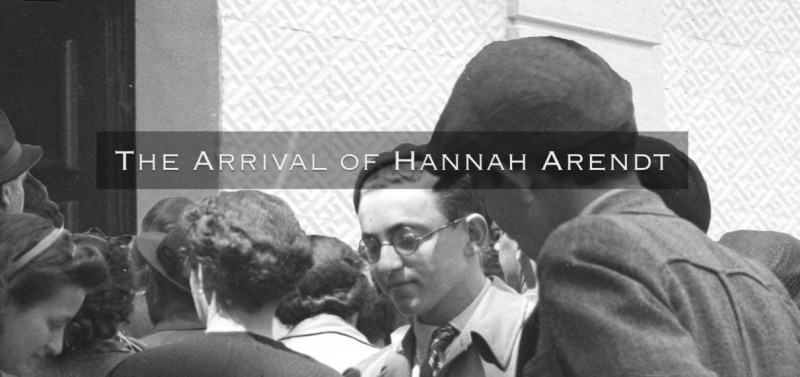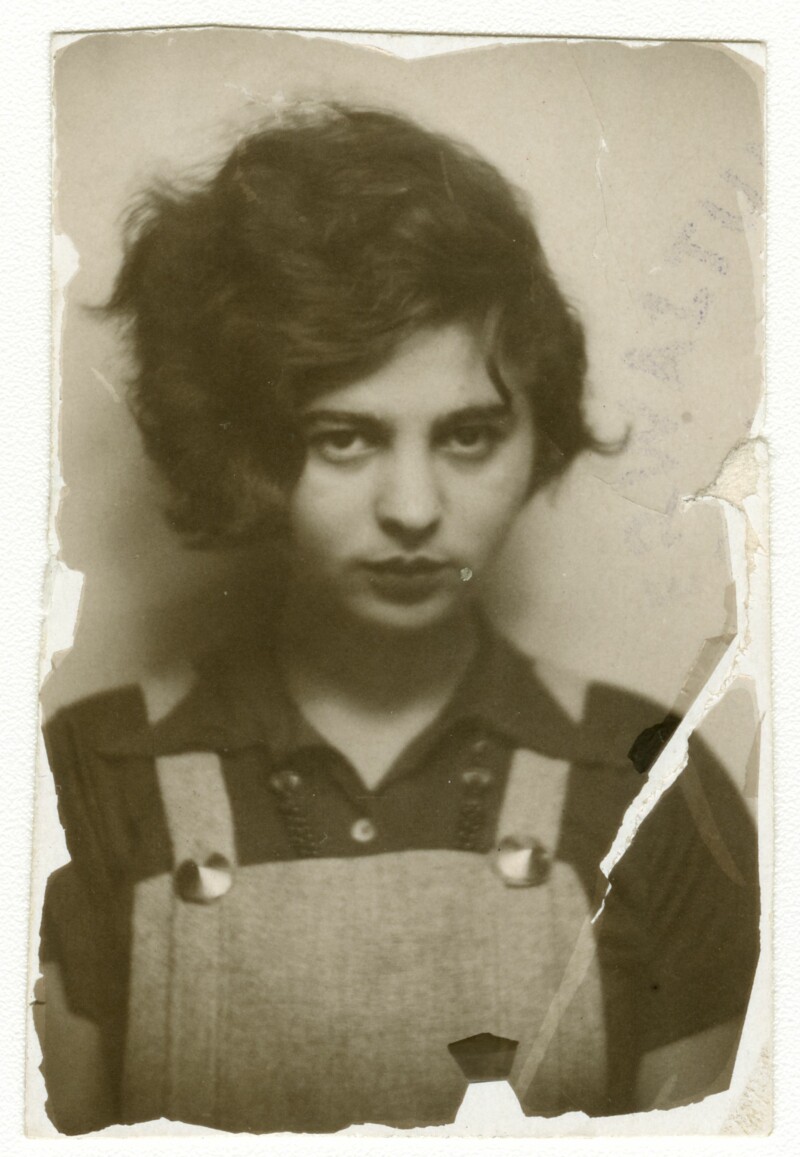
The Arrival of Hannah Arendt
This film describes the arrival of Hannah Arendt - a Jewish, German-American political theorist and publicist - in New York and her reflections on flight and helping people start over.

No matter where I travel,
I go to Nowhereland.
The suitcase full of longing,
Just knick-knacks in my hand.
As lonely as the desert wind.
As homeless as the sand.
No matter where I travel,
I come to Nowhereland.
The forests are all gone now,
Each home a firebrand.
Found no one left whom I know.
Not one knew me first-hand.
And when the alien bird screeched loud,
I ran, could not withstand.
No matter where I travel,
I come to Nowhereland.

Mascha Kaléko (7 June 1907 – 21 January 1975) was a poet. She was born in West Galicia (today Poland). After the outbreak of World War I, her family fled to Germany for fear of anti-Jewish pogroms. Mascha Kaléko is seven years old when she arrives in Germany. Early on she follows her calling as a poet and becomes a part of the Berlin artistic milieu. Many of her poems deal with everyday life in Berlin. In 1935, however, the Nazis impose a ban on Mascha Kaléko, preventing her from working. At first Kaléko does not want to part with Berlin, but in 1938 the situation became unbearable: she flees to New York with her second husband, the musician Chemjo Vinaver, and her young son. The family finds it difficult to gain a foothold in New York. Kaléko finds small jobs and writes for the German-Jewish emigrant newspaper Aufbau, among others. In 1945, her book of poetry “Verse für Zeitgenossen” (Verses for Contemporaries) is published in the USA in German. In 1959, Kaléko and her husband move from there to Israel.
In the works we show in our archive, Kaléko deals with her experiences of emigration, her homesickness for Berlin and her identity as a Jew, refugee, poet and emigrant. The rupture that the loss of language following her emigration to the USA meant especially for her as a poet can be felt in many of her poems. The poem “Not a Children’s Song” was first published in 1964, when Mascha Kaléko was already living in Jerusalem. The poem expresses a feeling of lost affiliation and lack of perspective, in that Kaléko describes himself as an eternal traveller without a destination.
Kaléko, Mascha: Kein Kinderlied, translated by Andreas Nolte and published in: Nolte, Andreas: Mascha. The Poems of Mascha Kaléko, Burlington, VT/USA: Fomite Press, 2017, p. 131.